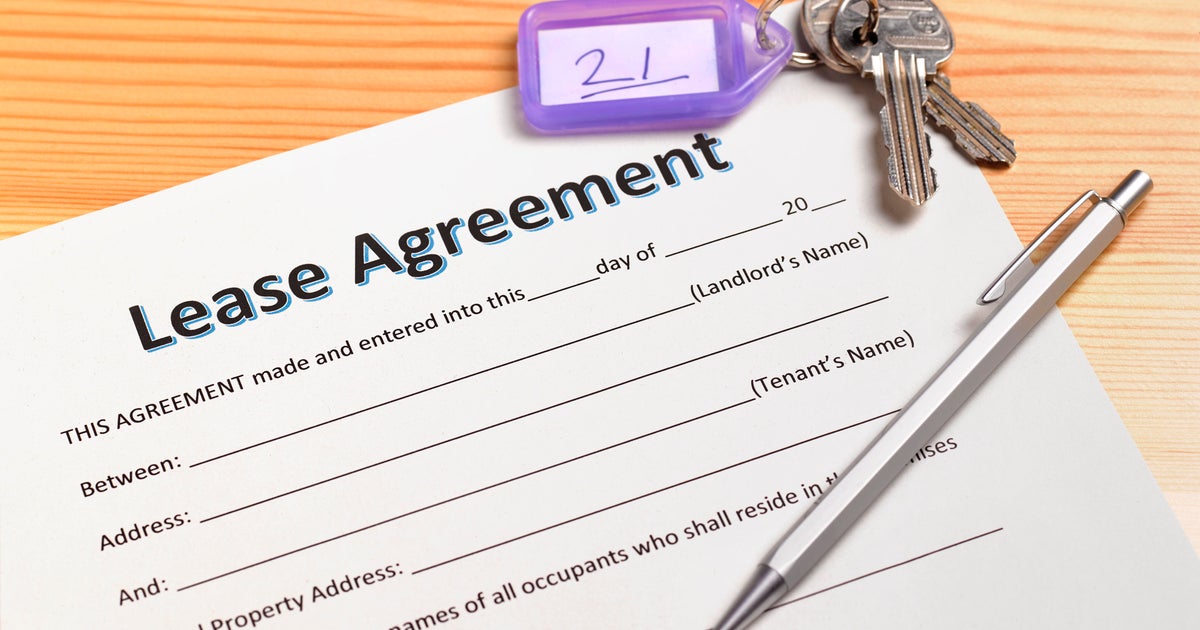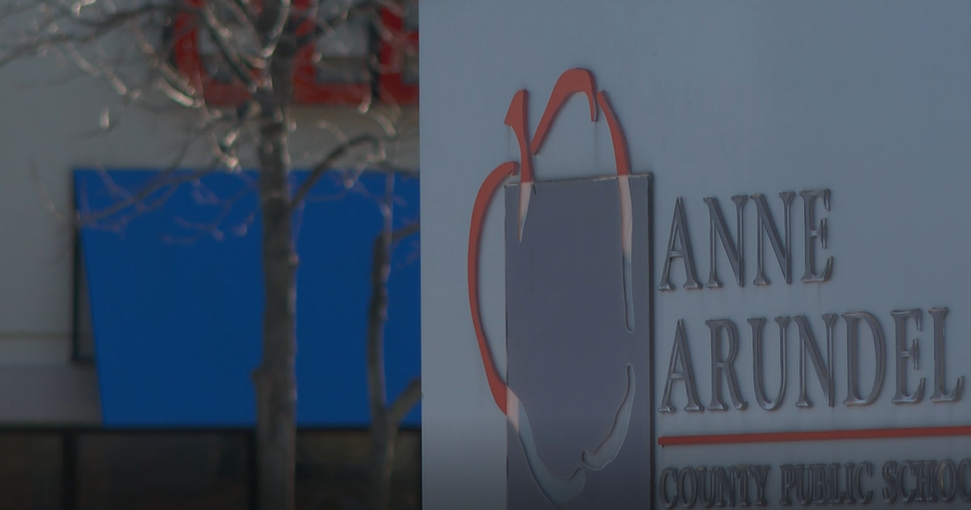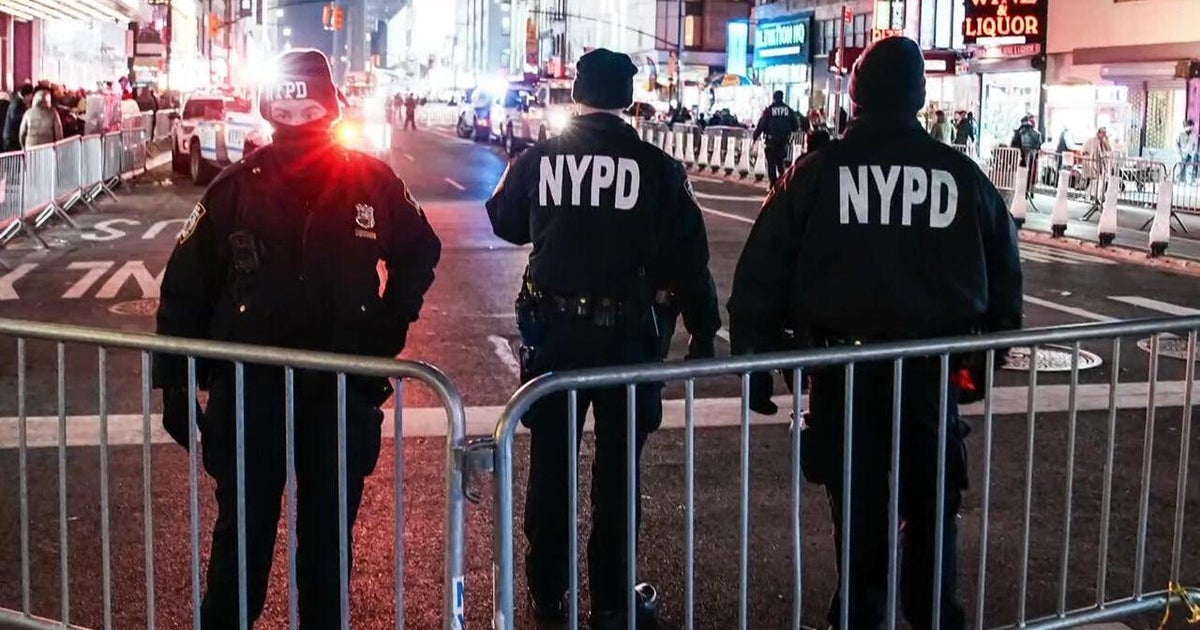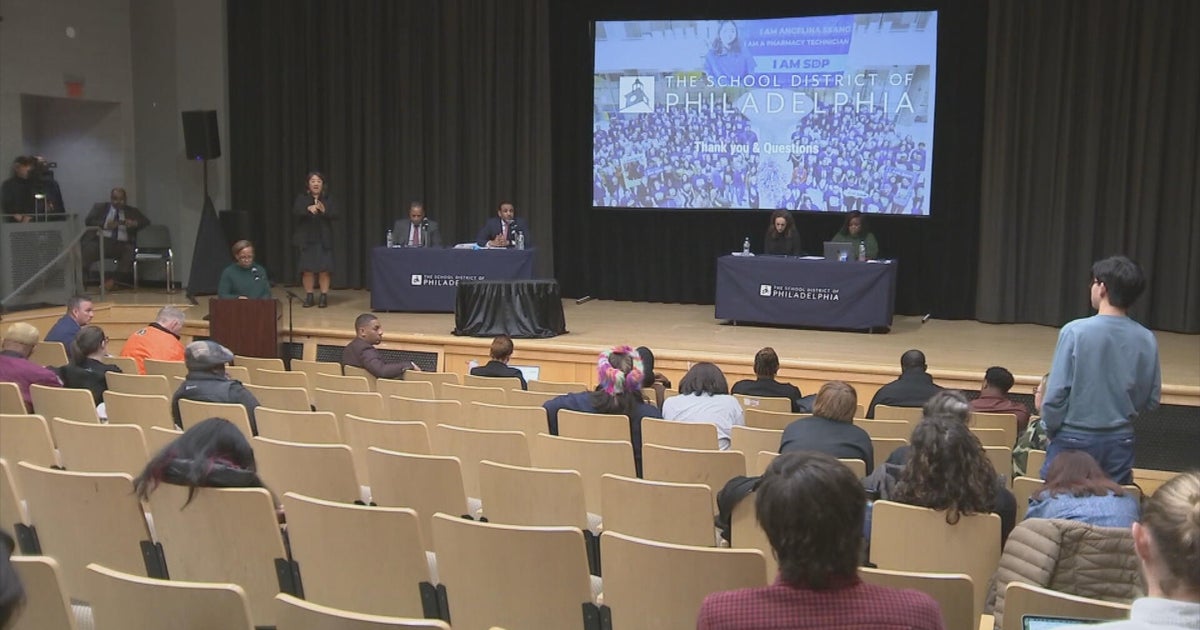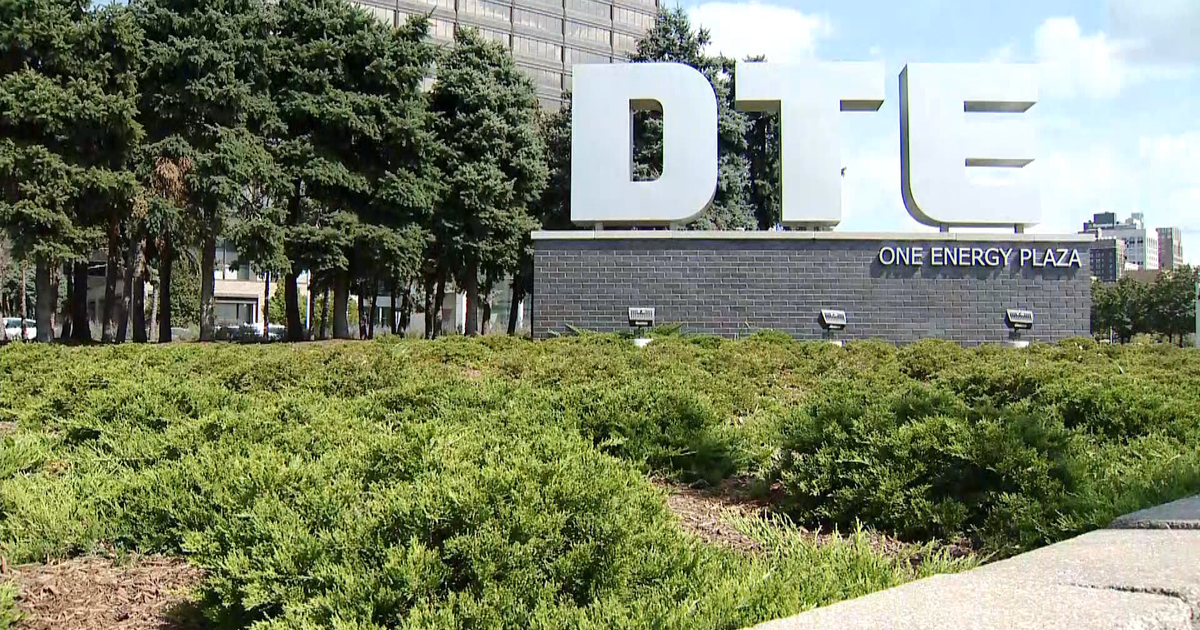Landlords, tenants sound off after preliminary vote to increase rent for stabilized units
NEW YORK -- Some two million New Yorkers living in rent-stabilized homes could soon face a larger rent increase than they have seen in almost a decade.
As CBS2's Natalie Duddridge reports, neither landlords nor tenants are completely happy about the move.
"I think that's kind of ridiculous with everything going up -- food, gas," tenant Lisa Fitzgerald told CBS2.
Now she's worried just how much rent will go up after the Rent Guidelines Board approved a preliminary proposal for rent-stabilized buildings.
If the results hold in the final vote, it would allow rent increases on one-year leases by between 2% and 4%, and on two-year leases from 4% to 6%.
The average rent for a stabilized apartment this year is $1,400 a month. That means rent hikes up to $56 a month on a one-year lease, or $84 a month on a two-year lease.
"The rent increase is terrible," another tenant said. "Right now, I'm paying $1,400, and I can't afford $1,400 with a one bedroom apartment. I have multiple sclerosis, had a total hip replacement."
Tenant advocates were hoping for a freeze or even a rollback.
"When you increase my rent to that much, what you are telling me? Could I eat, or drink or feed my family?" said Crown Heights tenant Vincia Barber.
"How are we OK increasing rent when 26% of people living in rent-stabilized housing that we're proposing to increase them pay more than 50% of their income on rent?" Shelia Garcia, a tenant member of the Rent Guidelines Board, said.
However, Jay Martin, with the Community Housing Improvement Program, said landlords are trying to keep up with costs.
"You see fuel costs in double-digit increases 20 to 30%. Insurance costs increase, property tax increases. So it's all about finding that balance."
Vito Signorile, with the Rent Stabilization Association, said all he's asking is the increase is fair.
"Guidelines factoring inflation should begin no less than 4.5% for a one year lease, and the highest then of their preliminary range here only touches the bottom of that," he said.
There will be several public meetings over the next few weeks for people to voice their concerns before a final vote in June.

